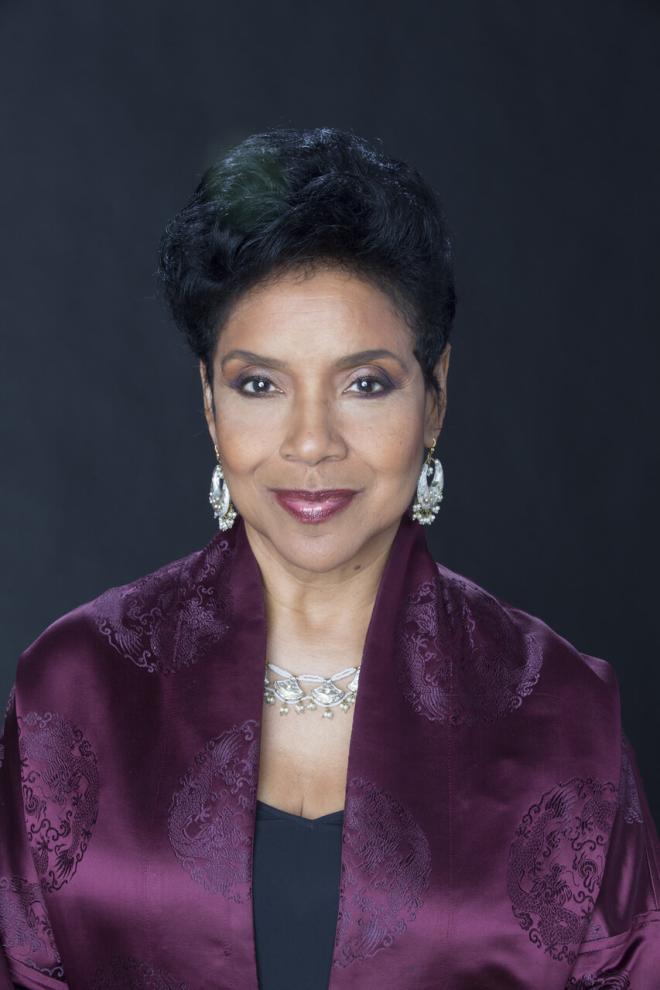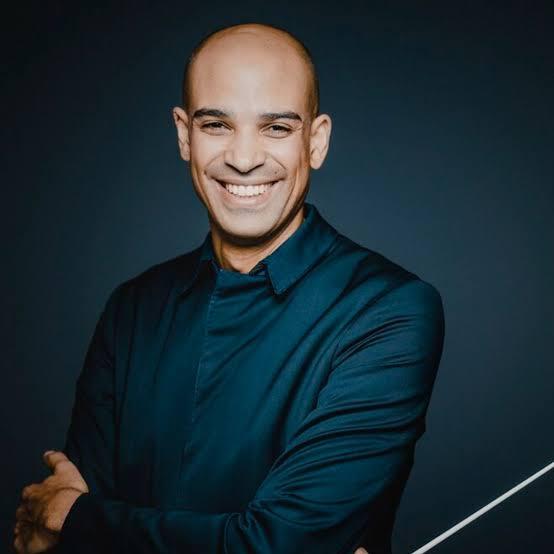Here's a fascinating bit of history about the intersection of art and politics. John F. Kennedy and the poet Robert Frost were friends, and in January 1961, Kennedy invited Frost to speak at his inauguration—the first poet ever to be so honored. For the occasion, Frost recited a favorite poem of his, “The Gift Outright.” Then came the Cuban Missile Crisis, and Kennedy sent Frost to Moscow as a member of a diplomatic mission. When the poet returned, he addressed the press with disastrous honesty, resulting in this headline from The Washington Post: “Frost Says Khrushchev Sees U.S. as ‘Too Liberal to Defend Itself’.” You can imagine the national reaction. Kennedy was incensed.
On October 26, 1963, a few months after Frost’s death, Kennedy spoke at Amherst College to dedicate a new library in the poet’s honor. Some called the speech “the most majestic of his career.” Less than a month later, Kennedy himself was dead.
Adolphus Hailstork’s symphony, JFK The Last Speech, is built on a libretto by an Amherst alumnus who heard the President’s speech. The composer writes: “My plan is to set supporting music to John F. Kennedy’s words to be presented by a reader ... and to set selections from the poetry of Robert Frost to be sung by a soprano ...or a tenor. My writing will reflect the autumn season, the solemnity of the moment, and the unique oratorical gifts of Kennedy the president, and the profound literary gifts of Frost the poet.”
In the NSO’s production of JFK, The Last Speech, Phylicia Rashad is the narrator, and the featured soprano is Washington National Opera Cafritz Young Artist alum Katerina Burton.
This all-American concert opens with the music of another Kennedy--that is Edward Kennedy (Duke) Ellington’s Harlem, a tone poem commissioned by the NBC Symphony Orchestra under Toscanini in 1950. From the opening trumpet wails, we're immediately transported to what Ellington calls “a tour of this place called Harlem...It is Sunday morning. We are strolling from 110th Street up Seventh Avenue, heading north through the Spanish and West Indian neighborhoods towards the 125th Street business area...You may hear a parade go by, or a funeral, or you may recognize the passage of those who are making Civil Rights demands.”
From Harlem to outer space on a supertanker. Yes, you read that right. John Adams’ Harmonielehre is quite an adventure, both astronomically and harmonically. As Adams explains, Harmonielehre (named after a textbook by Schoenberg, meaning the study of harmony) “is a large, 3-movement work for orchestra that marries the developmental techniques of Minimalism with the harmonic and expressive world of fin-de- siècle late romanticism. The shades of Mahler, Sibelius, Debussy, and the young Schoenberg are everywhere in this strange piece.” If that sounds daunting, not to worry, the piece is highly evocative, even entertaining. Here's a more down-to-earth bit from the description he wrote for The John Adams Earbox, a 10-CD collection of his works.
“The pounding e minor chords at the beginning and end of the first part are the musical counterparts of a dream image I'd had shortly before starting the piece. In the dream I'd watched a gigantic supertanker take off from the surface of San Francisco Bay and thrust itself into the sky like a Saturn rocket. The second movement, “The Anfortas Wound,” reflects Adams’ interest in Carl Jung’s archetypes. The third movement, “Meister Eckhardt and Quackie” is a delightful fantasy whose “Zappaesque title refers to a dream I’d had shortly after the birth of our daughter [where she rides] perched on the shoulder of the Medieval mystic, Meister Eckhardt, as they hover among the heavenly bodies like figures painted on the high ceilings of old cathedrals.” For the ending, Adams is quoted in The Guardian as remarking, “I simply place the keys together, as if in a mixer, and let them battle it out. And finally E-flat wins through its strength, and this moment seems like an epiphany.”
It's not every day that we can experience such an adventurous concert that showcases the extraordinary variety of American music. Here are the program details.
Kevin John Edusei, conductor
Katerina Burton, soprano
Phylicia Rashad, narrator
Duke Ellington: Harlem
Adolphus Hailstork: JFK: The Last Speech
John Adams: Harmonielehre
PBS PASSPORT
Stream tens of thousands of hours of your PBS and local favorites with WETA+ and PBS Passport whenever and wherever you want. Catch up on a single episode or binge-watch full seasons before they air on TV.

